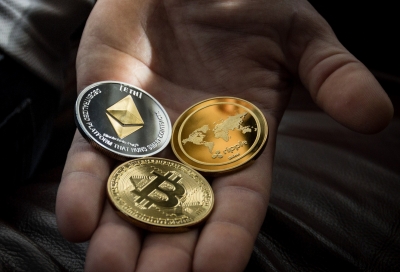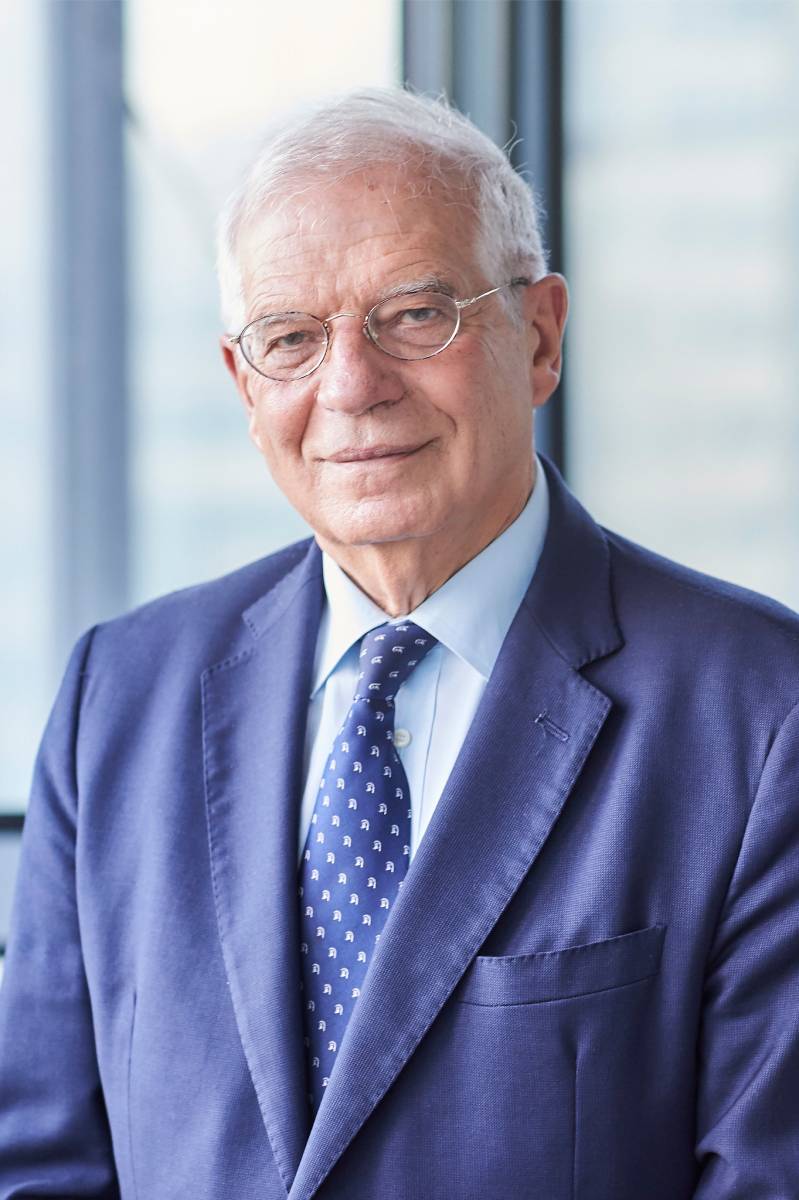That includes the high-profile collapse of cryptocurrency Terra in mid-2022 and the failure of exchange FTX later that year…reports Asian Lite News
Cryptocurrency investments in Britain should be regulated like the gambling industry, UK lawmakers said on Wednesday.
The plea, from parliament’s powerful cross-party Treasury Committee, came one day after EU ministers agreed on tougher tax rules for crypto transactions.
Global authorities are increasingly anxious of the lack of oversight of the sector, whose most popular units are bitcoin and ether.
“Unbacked cryptoassets have no intrinsic value, and their price volatility exposes consumers to the potential for substantial gains or losses, while serving no useful social purpose,” the Treasury Committee said in a report.
“These characteristics more closely resemble gambling than a financial service, an impression reinforced by the evidence we have received of consumer behaviour.” It continued: “We therefore strongly recommend that the government regulates retail trading and investment activity in unbacked cryptoassets as gambling rather than as a financial service.”
The value of the global cryptocurrency market, boosted by keen demand from small investors during Covid lockdowns, hit a peak of about $3.0 trillion in late 2021, but then fell off a cliff and currently stands at just over $1.1 trillion.
The industry, which craves acceptance by traditional finance, has been rocked by a series of scandals.
That includes the high-profile collapse of cryptocurrency Terra in mid-2022 and the failure of exchange FTX later that year.
The Treasury Committee expressed caution on Wednesday over risks posed by “poorly run businesses” in the sector, as well as the increasing use of crypto by fraudsters and other criminals.
Britain’s Conservative government, led by Prime Minister Rishi Sunak, is looking to establish a regulatory framework for crypto as it seeks to avoid falling behind the EU and United States.
“It is not the government’s role to promote particular technological innovations for their own sake,” the committee report added Wednesday.
It also criticised Britain’s aborted project to sell non-fungible tokens (NFTs), or digital tokens based on crypto technology. Sunak unveiled the initiative as finance minister in April 2022.
The committee however praised UK proposals for greater regulation of professional crypto investors.
It added cryptocurrencies could potentially be used “to improve efficiency and reduce the cost of making payments”.
The European Union meanwhile took more steps this week to protect investors.
EU finance ministers agreed Tuesday on rules to go after individuals who stash their cash where tax authorities have no oversight.
The 27-member bloc’s parliament last month approved the world’s first comprehensive rules covering crypto assets.
ALSO READ-Hackers offering crypto accounts for $30 on darknet

